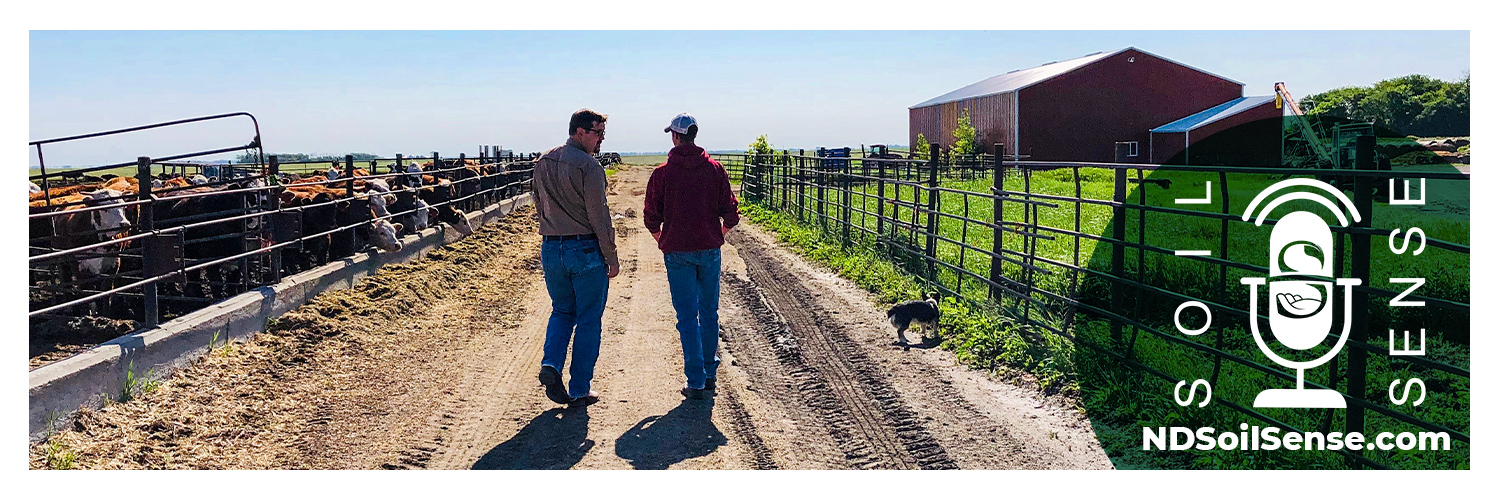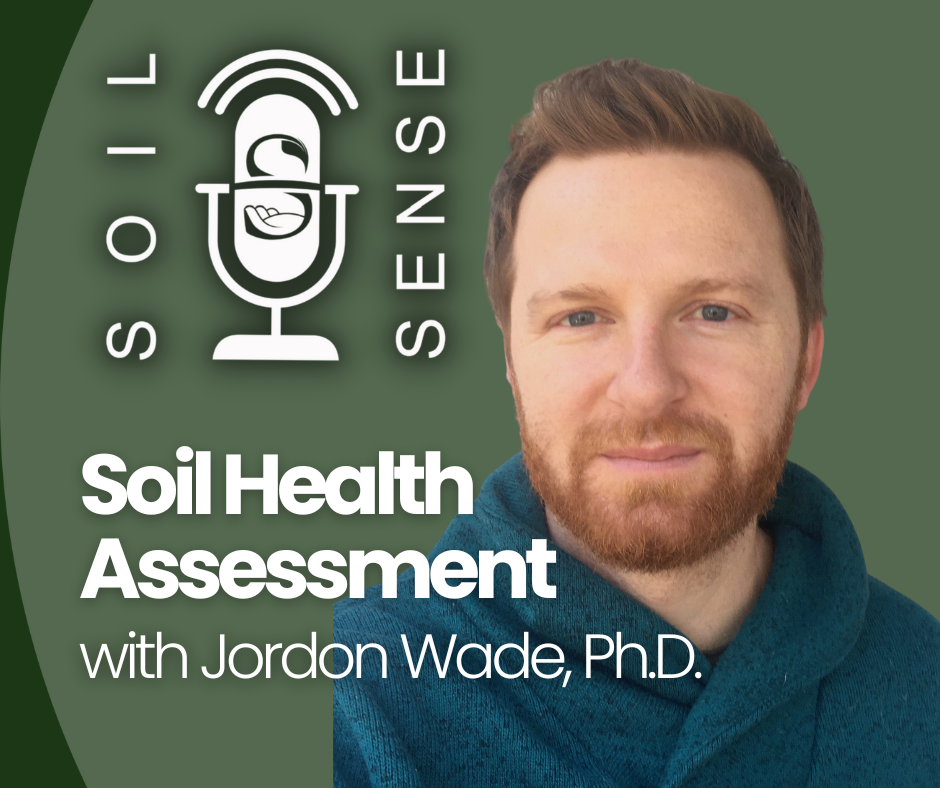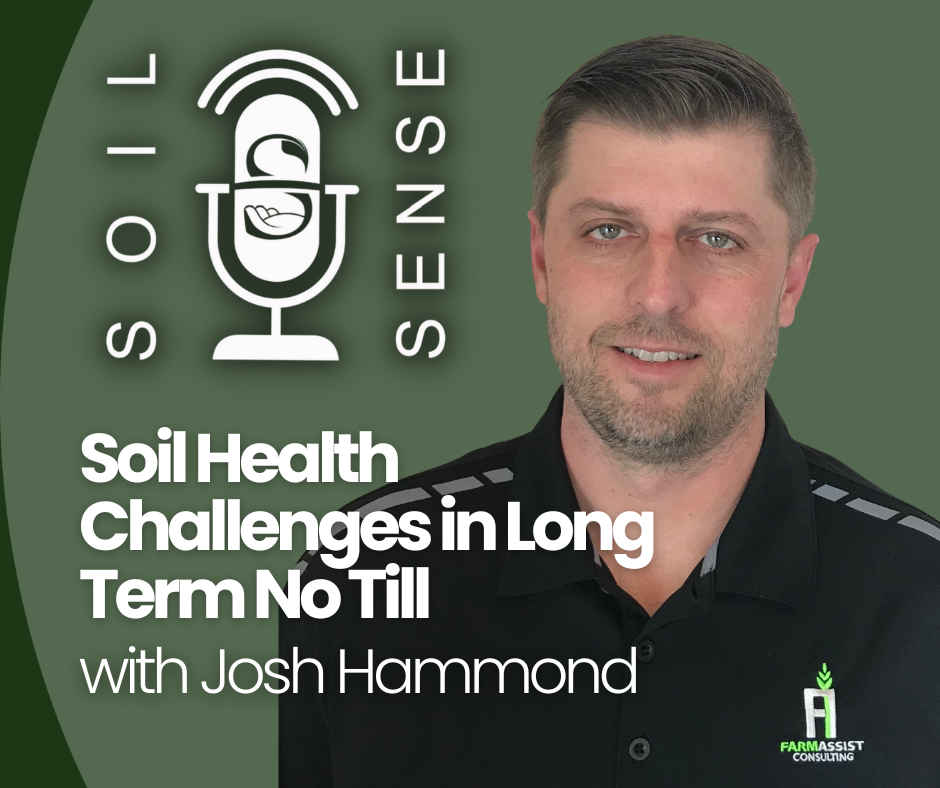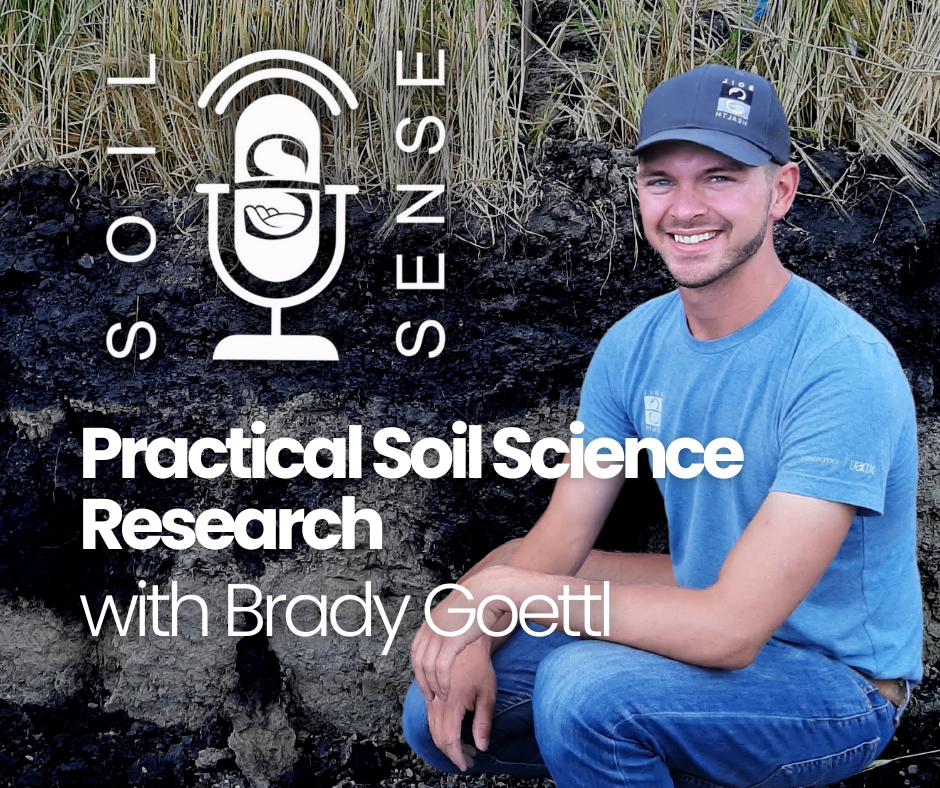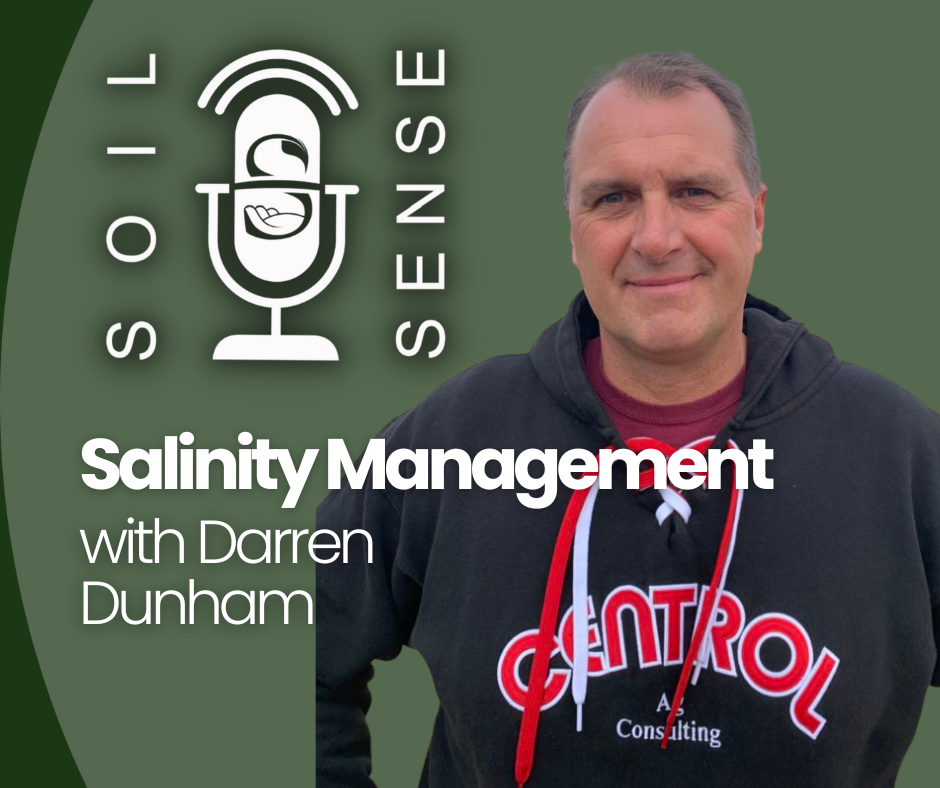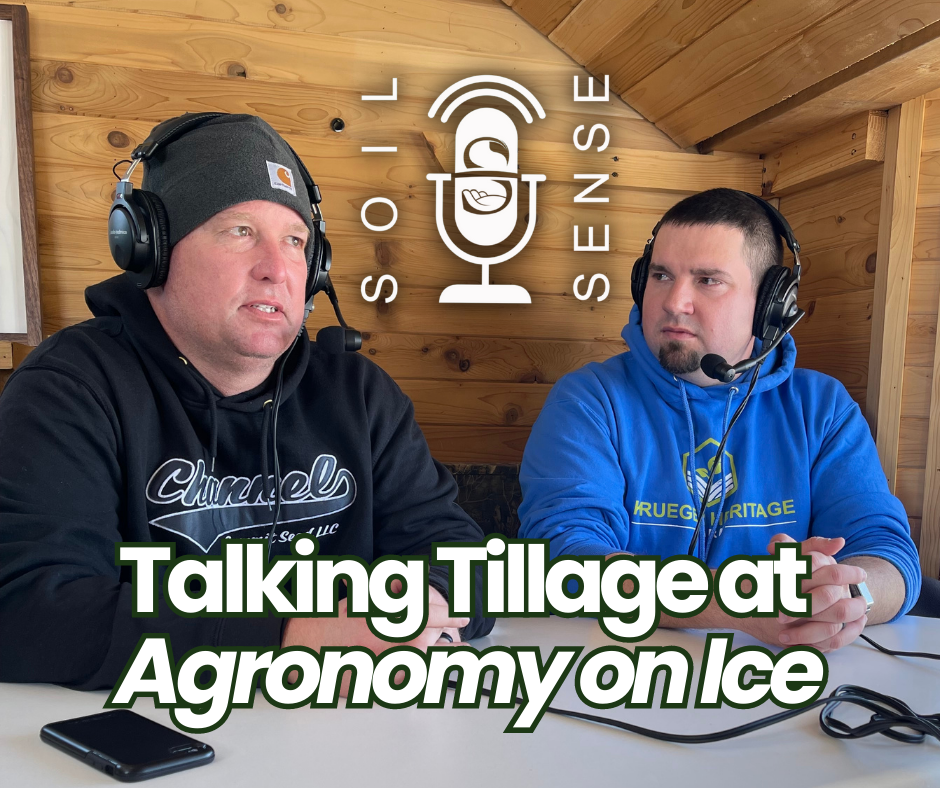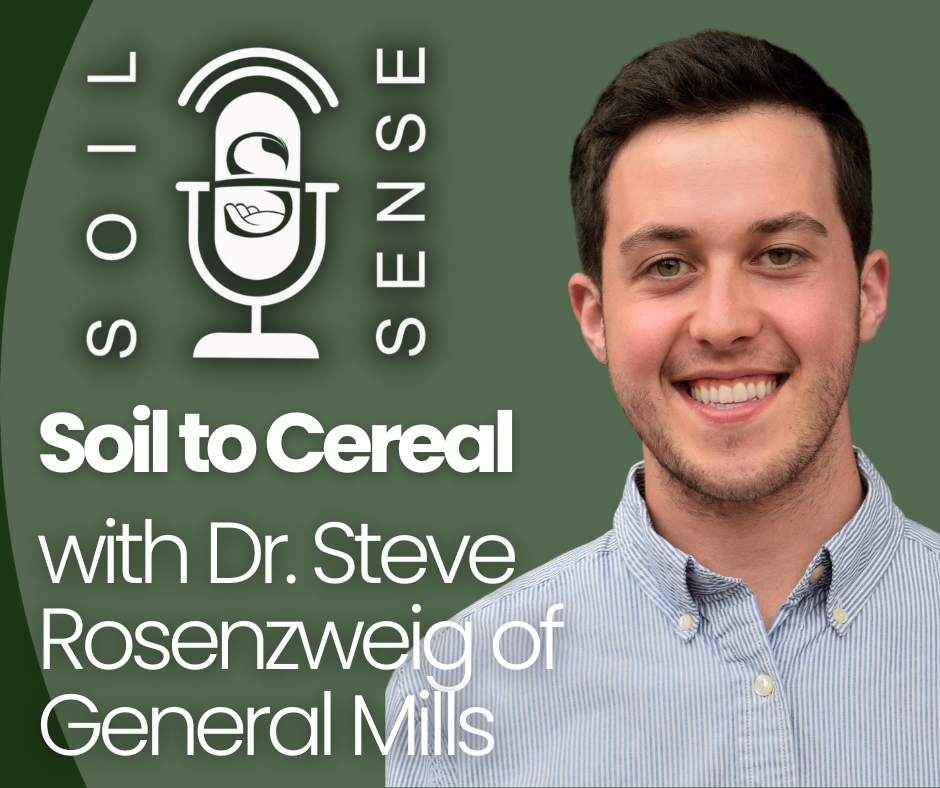In this episode we are joined by Josh Hammond who owns FarmAssist Consulting where he works with farmers mostly around the Beach, North Dakota area. Josh talks about some of the challenges his farmers face in that area including pH challenges, residue management, strip till, livestock and compost. Josh is also a member of the Trusted Advisor Partnership that you’ve heard about in earlier episodes of this season.
“I grew up in an area that was one of the pioneers of no-till, so a lot of those farms started back in the eighties. I was just a young kid when that got started, but everything was changing from a lot of wind and water erosion every spring and full tillage to switching over to managing for erosion and conserving moisture. So I just grew up with that being normal.” – Josh Hammond
Josh shares the common conversations he has with his clients and how he approaches some of these challenges including cover crops, no-till and livestock. As with anything, no-till has its advantages and consequences. Josh shares some of the issues his no-till producers are facing including stratification of soil nutrients and managing soil pH. One unexpected mitigation for these issues is permitting some weed growth to simulate a cover crop in saline stressed areas.
“For so many years guys have thought we just keep working up the saline seep areas and it’ll get better. Well, it never does. That’s what grandpa did, that’s what dad did. And the areas never improve. And once guys have turned into, whether it’s mowing the kosha, let it regrow, something like that, then we start shrinking it down and we keep getting a little smaller each year. And then we control the weeds.” – Josh Hammond
This Week on Soil Sense:
- Meet Josh Hammond who owns FarmAssist Consulting where he works with farmers mostly around the Beach, North Dakota area
- Understand his background and how it influences the advice he offers his producer clients
- Discover some of the challenges no-till producers face that were previously not a concern

